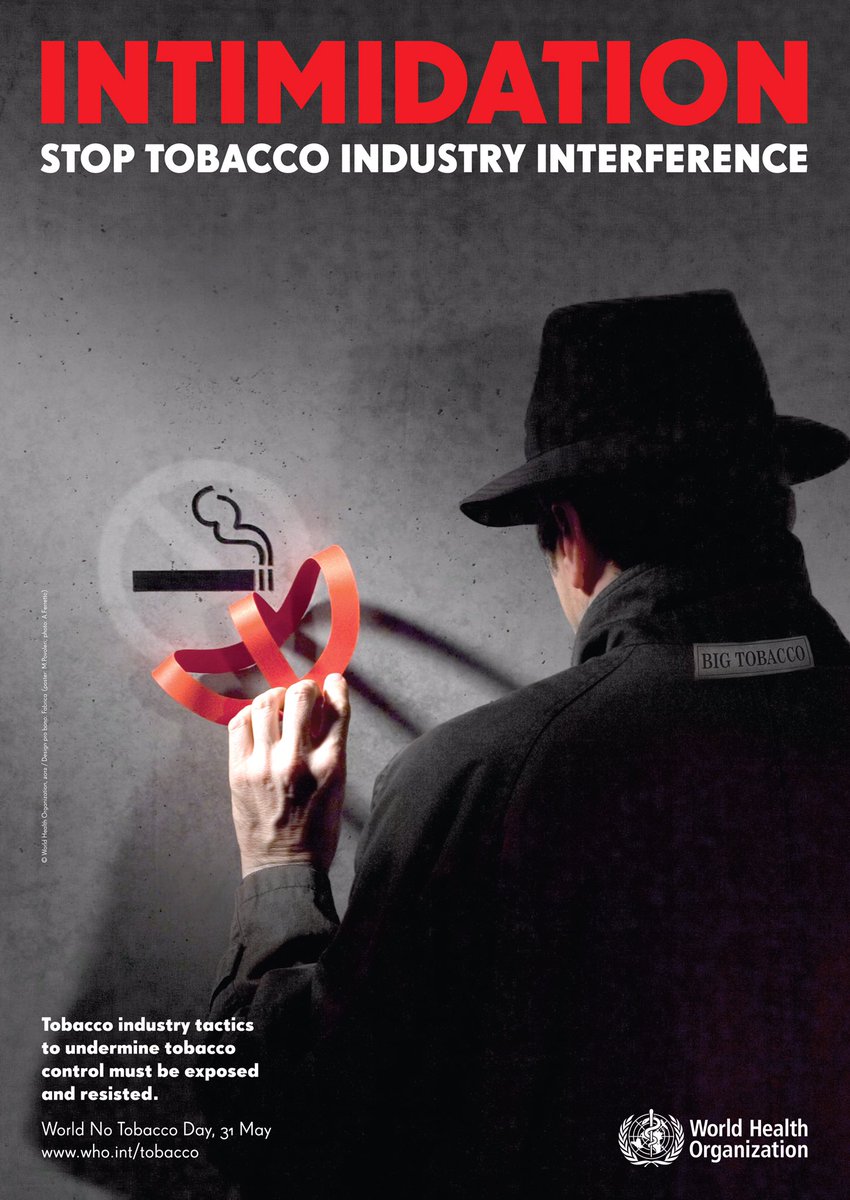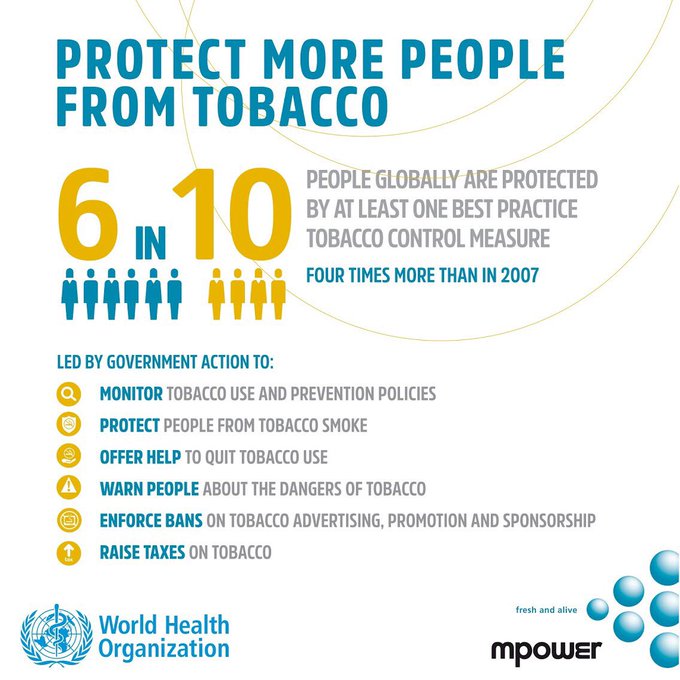Tobacco industry hampers global strategy to stop smoking epidemic – WHO
The global tobacco industry continues to interfere with governments' efforts to implement the World Health Organization's (WHO) policy package which aims to reduce peoples demand for tobacco, the UN agency has said.
Countries that are signatories to WHO’s Framework Convention on Tobacco Control are bound by the international treaty to implement the so-called MPOWER policy, a list of six guidelines needed to curb tobacco consumption.
The measures urge governments, among other recommendations, to protect people from tobacco smoke, warn about the dangers of the product, and enforce bans or limits on tobacco advertising.
Since MPOWER's launch in 2008, the UN watchdog has produced annual reports on the effectiveness of the strategy.
According to the latest 'WHO Report on the Global Tobacco Epidemic, 2017,' around 4.7 billion people across the globe are covered by at least one MPOWER measure. That is roughly 63 percent of the world's population. A decade ago, that figure stood at 15 percent.
But while governments have put in more efforts to protect their citizens, Big Tobacco continues to impede in the process, WHO says.
“The tobacco industry is increasingly using domestic and especially international trade litigation in attempts to block progress on many tobacco control measures, such as smoke-free public places, pictorial health warnings, plain packaging and product regulation,” the report, funded by Bloomberg Philanthropies, says.
To battle the powerful tobacco lobby, WHO urges governments to enhance their “legal and technical capacity” to respond to the legal threats from the tobacco industry.
“Firewalls between government and the tobacco industry must be in place to block industry attempts to influence the tobacco control decision-making process,” the report says.
Tobacco use kills over 7 million people each year, according to WHO's estimates. Medical treatment of smokers and the loss of productivity resulting from their absences from the workforce is costing the world roughly US$ 1.4 trillion annually.
“Countries can better protect their citizens, including children, from the tobacco industry and its products when they use tobacco monitoring systems,” said Dr. Douglas Bettcher, Director of WHO’s Department for the Prevention of Non-communicable Diseases (NCDs).
“Tobacco industry interference in government policy-making represents a deadly barrier to advancing health and development in many countries,” he added.



0 Comments:
Post a Comment
Subscribe to Post Comments [Atom]
<< Home